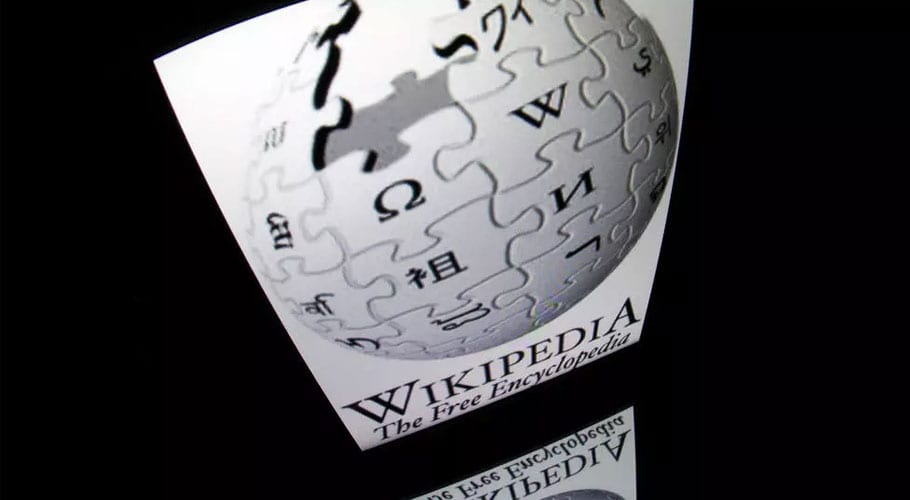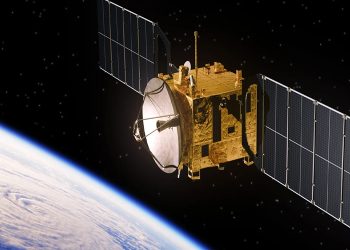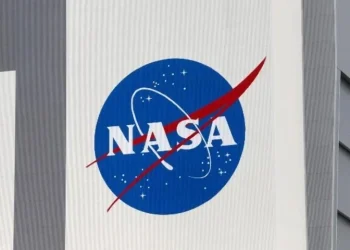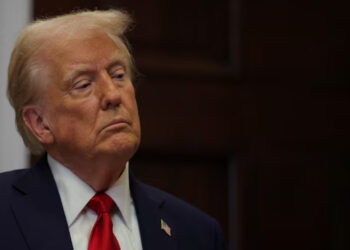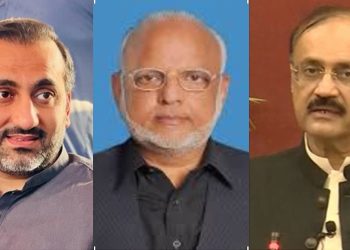(AFP): Wikipedia celebrates its 20th anniversary today (Friday) and the collaborative, volunteer-produced internet encyclopedia aims to spend the next 20 years further expanding free access to information.
Founded in 2001 by the Entrepreneur Jimmy Wales, Wikipedia is now the seventh-most popular website in the world, with more than 55 million articles being consulted 15 billion times every month.
The website started in English but within two months had already launched in German and Swedish. It is now available in 309 languages. However, the owner doesn’t intend to stop there, with the languages of the developing world in the website’s sights.
At 16:00 UTC on 15 January, come to our virtual 20th birthday party! There will be music, trivia, special guests, and… cake! Here are several ways to watch live: https://t.co/tpaKVUwbht #Wikipedia20
— Wikipedia (@Wikipedia) January 14, 2021
“That’s really important that the next billion people, two billion people who come online are going to want to participate in Wikipedia, to grow their own storehouse of knowledge, and they’re going to rely on us to support that work, and that’s a big part of how I think about the future,” Wales said, while talking to an international news agency.
In 2006, Wales set the goal of having 100,000 entries in Wikipedia for every language with more than one million speakers, but he recognised that Wikipedia is still at least 20 years from achieving that.
Wikipedia’s non-profit status nature makes it an outlier among today’s internet dominated by the likes of Google and Facebook. Wales said he was inspired by collaborative efforts.
“I’d seen the growth of open-source software, free software, and to me, it seemed obvious that you could use the same kind of techniques to build a free encyclopedia, so I was in a real kind of panic because I thought this is such an obvious idea that other people will do it,” he added.
The website has also come in for criticism due to the fact that its volunteers are overwhelmingly white males from Western countries, with critics saying it lacks information about women and developing nations.







